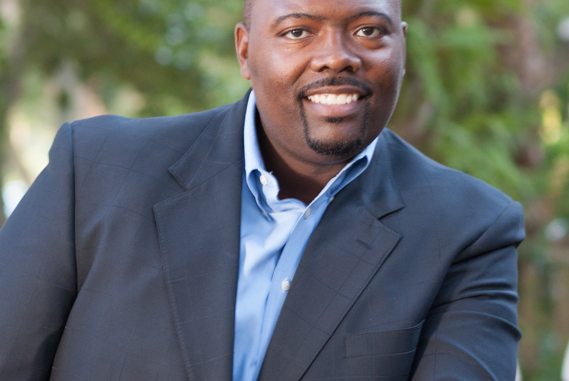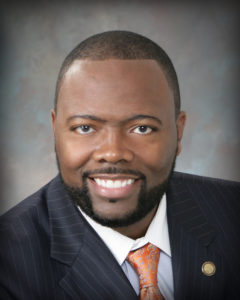

The “Rest in Power, The Trayvon Martin Story” aired on BET, and the documentary didn’t disappoint.
For many African Americans Martin’s story was the beginning of a series of deaths of young unarmed black men across the United States. The story hit home with many parents and their sons.
I remember President Obama saying, “If I had a son, he’d look like Trayvon.” He was basically saying Martin could have been his son – a teen minding his own business on his way home.
The great Muhammad Ali once said that the death of Emmet Till stuck with him throughout his childhood. He said these words, “Emmett Till and I were about the same age. A week after he was murdered. .. I stood on the corner with a gang of boys, looking at pictures of him in the black newspapers and magazines. In one, he was laughing and happy. In the other, his head was swollen and bashed in, his eyes bulging out of their sockets and his mouth twisted and broken.”
He continued, “I felt a deep kinship to him when I learned he was born the same year and day I was. My father talked about it at night and dramatized the crime. I couldn’t get Emmett out of my mind.”
Ali was 13 when Till was brutally killed in Mississippi. His death was perhaps the most-heinous, racially motivated crimes in America’s history. The 14 year old was kidnapped and savagely beaten for speaking to a white woman.
So why is this relevant? The same sorrow expressed by Ali that didn’t allow him to forget Emmett is the same sentiment that many of us feel about Trayvon Martin. It is hard for one not to relate to the circumstances surrounding Martin’s death with your own child or even yourself as a black man in America.
The documentary brought it all back to life. I remember it was Sunday, July 14, 2013 when I sat in a hotel room in Orlando and listened to the Zimmerman verdict with the feeling of pure disbelief and anger. How could this happen in America in 2013?
How do I explain to my two sons that a young black man was shot and killed because he looked suspicious to someone. And his killer was a guy that claimed he felt threatened by the unarmed teen despite starting the altercation by stereotyping a young black man wearing a hoodie.
And to top it off – the killer was acquitted by a court of law because he stood behind the controversial NRA “Stand your Ground” bill. This law gives people the legal grounds to fight back with deadly force if they feel threatened, even if they could retreat instead. Unfortunately, it has become an easy way for people to get away with murder.
Trayvon’s murder caused us to think and say out loud – what’s a black life worth in America?
Think of the number of young black men that have lost their lives because they were simply the wrong color in the wrong neighborhood. Trayvon Martin was probably the first major recent murder that really brought this issue to the forefront. He was soon followed by Jordan Davis and Michael Brown in addition to several other unarmed black men that lost their lives way too soon.
But is anyone actually surprised anymore? Unarmed black men have faced this type of injustice since the end of slavery in America.
A poll taken in 2012 (around the time of the incident) showed that while 80 percent of Blacks thought that Martin’s killing was not justified, only 38 percent of whites felt the same way.
It all boils down to race and the challenges that this country has faced for decades in dealing with bigotry, discrimination and hate. Many Americans would rather not talk about race and prefer to insist that the “past is the past” and racial issues no longer exist. I guess reality isn’t that important to some.
Some would even go as far to say that we should ignore color all together. I have said time and time again that that concept is fruitless. Why ignore color when we can simply accept, respect and embrace our cultural differences?
In a speech he gave during his first term in office President Obama said, “The white community must acknowledge that what ails the African-American community does not just exist in the minds of black people; that the legacy of discrimination – and current incidents of discrimination, while less overt than in the past – are real and must be addressed. Not just with words, but with deeds … .”
There is a reason why black folks have a love/hate relationship with America. We love the country and the opportunities that it has provided, but we resent the struggles to simply reach equality – not to have an advantage over anyone, but just to reach equilibrium.
If you haven’t seen it – check out the Trayvon documentary – it’s a powerful reminder of not only what happened then, but also what is happening now in America.
Signing off from the Trayvon Martin Foundation,
Reggie Fullwood

Be the first to comment